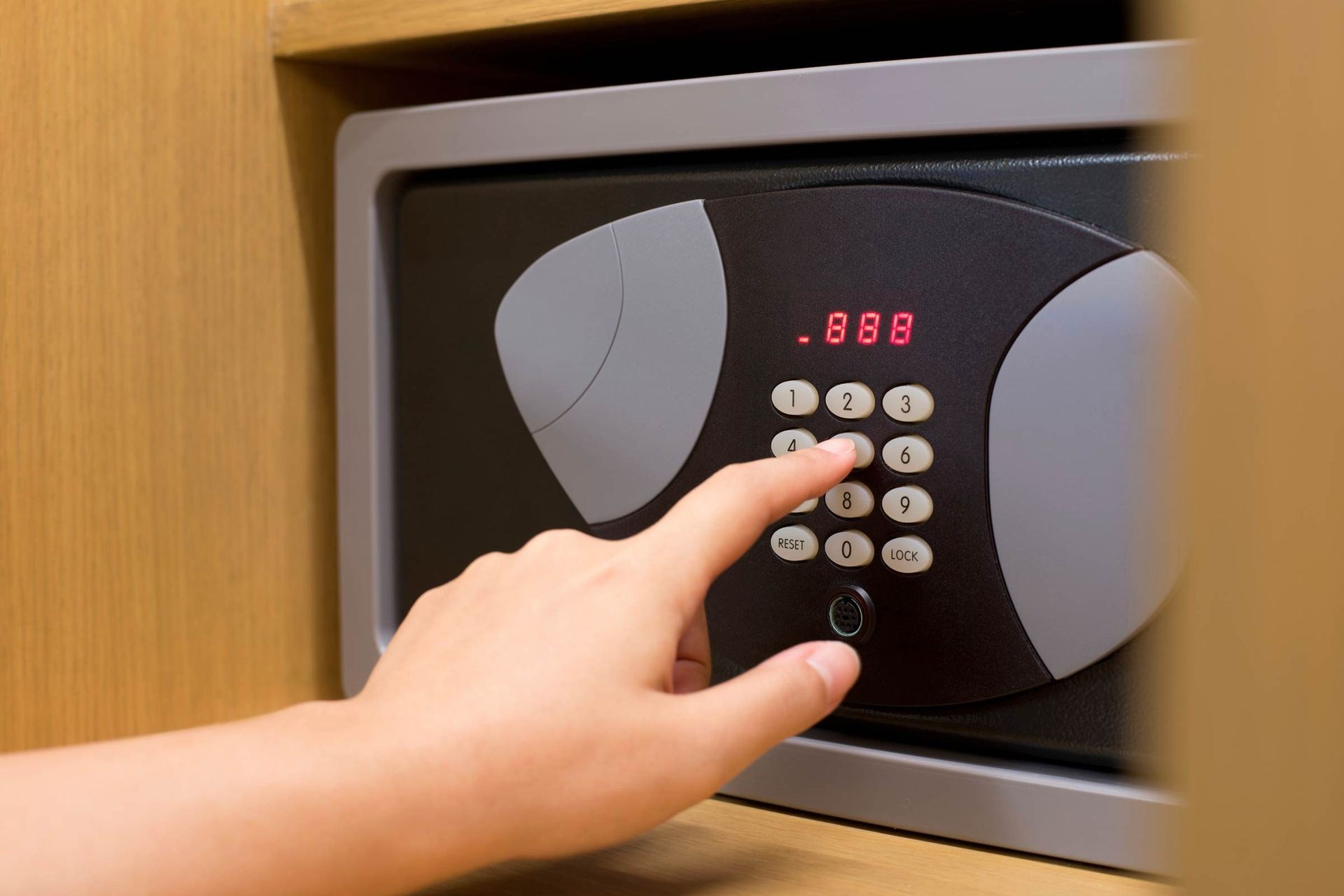How to Stay Safe When You Travel this Summer

Another great article in the June 2023 AARP Bulletin discusses ways to stay safe this summer. It covers ways to stay safe around the house, around town, when you travel and outdoors. This blog will cover ways to stay safe when you travel. Each section was written by different experts, so I will highlight some of the bullet points for you here.
Martyn Amos states that summertime is festival time, which means stadium concerts, fairs, and crowded street parties. To reduce your chances of falling or tripping over, wear shoes that protect your feet, not high heels, or sandals. When you arrive, look around for an escape route, just in case. Know where any entrances and exits are that may not be as busy as the main ones.
Henning Snyman talks about room bandits and says that before you book a room, make sure your lodging is in the safest part of the city. Call or email the hotel management ahead of time to ask about security precautions. At the hotel, put the do not disturb sign on your door even when you are not in the room, to make it appear occupied. Use the safe in your room for locking up valuables and important documents such as passports. Finally, never share your room number with anyone outside your travel party.
Kevin Coffey is a retired detective and discusses pickpockets. He suggests using a crossbody anti-theft purse with zipper locks or a hidden waist wallet. Don’t keep anything in your back pocket. Remove anything from your wallet that isn’t necessary to carry when you travel. Keep photos of your passport, credit cards and critical information in a password-protected folder on your phone or online storage account.
Kathy Stokes talks about how to defend yourself against tricky summer scams. She says to password protect laptops, tablets, and smartphones. Use biometrics, such as facial recognition or fingerprints. Set your electronic devices to automatically install updates for operating and protecting software. Do not click links from emails or texts; type the web address you know to be legit into your browser. Install a virtual private network (VPN) if you use public Wi-Fi. Answer calls only from people you know; if unsure, let them go to voicemail.
Kathy stresses that the biggest red flag is when an unexpected communication causes a highly emotional reaction. That’s the calling card of today’s scammers. Disengage and talk to someone you trust about what’s at issue.
As stated, I just pointed out the bullet points, to read the entire sections, pick up the AARP Bulletin. The next blog will cover ways to stay safe outdoors. I hope you find some valuable tips in my blogs to keep you safe!




